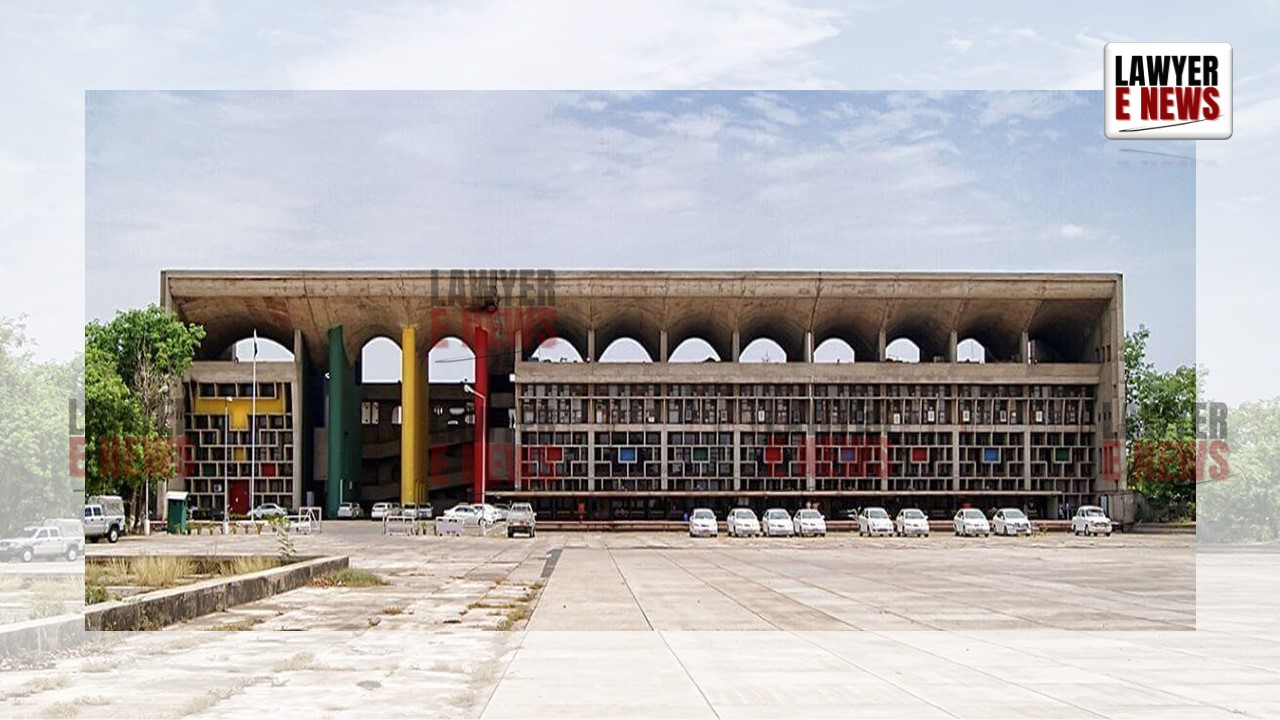-
by Admin
15 February 2026 5:35 AM



Punjab and Haryana High Court allowed a second appeal filed by Sewa Singh, restoring a trial court’s decree directing the defendants to reconstruct a watercourse on agricultural land. Justice Alka Sarin ruled that the findings of the first appellate court, which dismissed Singh’s suit, were unsustainable due to evidence demonstrating the existence of the disputed watercourse and tubewell.
The judgment highlights the significance of preserving shared resources among co-owners and underscores the necessity of clear, corroborated evidence in property disputes.
The dispute concerned the restoration of a demolished watercourse from a tubewell located in Khasra No. 17//26 to irrigate agricultural land co-owned by the parties. Sewa Singh alleged that the watercourse, historically used by co-owners to irrigate their fields, was dismantled by some co-owners, denying him access to water.
The trial court decreed in Singh’s favor on December 1, 1992, finding that the existence of the watercourse was supported by both witness testimonies and documentary evidence, including electricity connections and maps. However, the first appellate court reversed the judgment on November 9, 1995, holding that the plaintiff failed to establish the existence of the watercourse or the tubewell.
The High Court noted that the first appellate court had ignored crucial evidence, including admissions made by a defense witness. The Court observed that the trial court had correctly relied on the testimony of DW-1, who admitted the existence of a watercourse used by co-sharers since time immemorial. Justice Sarin stated that this admission corroborated the plaintiff’s claims.
Additionally, the High Court emphasized that the existence of the tubewell and an electricity connection in Singh’s name was established through exhibits P1 and P4, further affirming the trial court’s findings. The appellate court’s contradictory conclusion was deemed "clearly illegal" and unsupported by the record.
Justice Sarin reinstated the trial court’s decree, directing the defendants to restore the watercourse and provide the plaintiff with continued access to water for irrigation. The Court highlighted that shared resources, such as watercourses, are vital for agricultural co-owners and must be preserved in the interest of equity and justice.
The judgment also referenced the Supreme Court’s decision in Pankajakshi (Dead) Through LRs v. Chandrika & Ors. to clarify procedural aspects, ruling that no substantial questions of law needed to be framed to decide the appeal.
The High Court’s ruling underscores the importance of equitable treatment among co-owners in agricultural disputes. It also emphasizes the role of consistent and credible evidence in securing legal remedies for violations of shared property rights.
Date of Decision: November 19, 2024.
